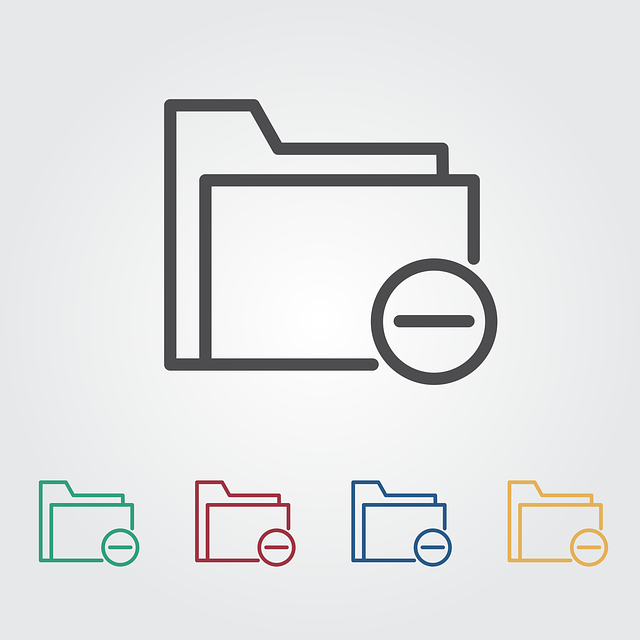Integrating legal billing and accounting software enhances law firm efficiency but necessitates prioritizing data security for lawyers to protect sensitive client information from cyberattacks and breaches. Look for features like encryption, multi-factor authentication, role-based access controls, and compliance with regulations like HIPAA or GDPR in selected software. Best practices include strong access controls, regular updates, automated backups, and incident response planning.
In the digital age, seamless integration of legal billing and accounting software is paramount for law firms’ efficiency and success. This article explores the intricacies of combining these critical functions, focusing on enhanced productivity and robust data security for lawyers. We delve into the significance of aligning billing and accounting practices, addressing key challenges, and providing strategic insights to ensure data integrity in this sensitive domain. Additionally, we offer guidance on selecting secure software solutions and best practices for managing confidential legal information.
Understanding Legal Billing and Accounting Integration
Integrating legal billing and accounting software is a strategic move for law firms to streamline their operations and enhance efficiency. This seamless connection between two critical functions allows for automatic data synchronization, ensuring that financial records and time entries are accurately captured and managed. By combining these systems, lawyers can eliminate manual data entry, reduce errors, and gain real-time insights into their practice’s financial health.
Moreover, prioritizing data security for lawyers is paramount in this integration process. Legal practices often deal with sensitive client information, so implementing robust security measures is essential to protect confidential data. Encryption techniques, access controls, and regular software updates are some ways to safeguard financial records and ensure compliance with legal privacy standards.
Data Security Concerns in Law Firms
Law firms handle sensitive client information, making data security a paramount concern in legal billing and accounting software integration. With digital transformation comes an increased risk of cyberattacks, data breaches, and unauthorized access to confidential case details, financial records, and personal identifiable information (PII). Therefore, any integrated software solution must offer robust security measures to protect this valuable data.
To safeguard client information, firms should look for software with end-to-end encryption, multi-factor authentication, role-based access controls, and regular security updates. Additionally, ensuring compliance with industry standards such as HIPAA (for health data) or GDPR (for EU data privacy) is essential in maintaining the integrity and confidentiality of legal records.
Choosing Secure Software Solutions
When selecting legal billing and accounting software, prioritizing data security for lawyers is paramount. Look for solutions that employ robust encryption methods to protect sensitive client information, comply with privacy regulations like HIPAA or GDPR, and offer secure data storage and transmission. These measures safeguard confidential documents, financial records, and personal details from unauthorized access or breaches.
Choosing software with multi-factor authentication, role-based access controls, and audit trails further enhances security. Ensure the provider has a proven track record of maintaining robust cybersecurity practices. Regular updates and patches, as well as adherence to industry best practices, are crucial for mitigating evolving cyber threats and ensuring the integrity of your legal practice’s data security for lawyers.
Best Practices for Safe Data Management
To ensure robust data security for lawyers, it’s imperative to adopt best practices that safeguard sensitive client information. This includes implementing strong access controls, encrypting both at rest and in transit, and regularly updating software with the latest patches. Lawyers should also enforce multi-factor authentication for all users and limit access to data based on role and need. Regular security audits and comprehensive training programs can help attorneys and their teams stay vigilant against potential threats.
Moreover, data backup strategies are critical. Lawyers should adopt frequent and automated backups stored in secure offsite locations. In the event of a breach or system failure, having reliable backups ensures business continuity. Additionally, maintaining an incident response plan prepares legal practices to swiftly address any security breaches, minimizing damage and restoring operations efficiently.
Integrating legal billing and accounting software can streamline operations for law firms, but it also introduces critical data security concerns. To ensure safe data management, firms must choose secure software solutions that protect sensitive client information. By adopting best practices, such as encryption, access controls, and regular audits, lawyers can maintain trust and compliance while leveraging the benefits of digital integration. Prioritizing robust data security for lawyers is essential to safeguarding client confidentiality and upholding professional integrity in today’s digital age.
